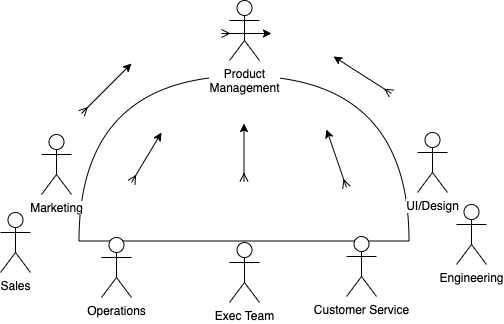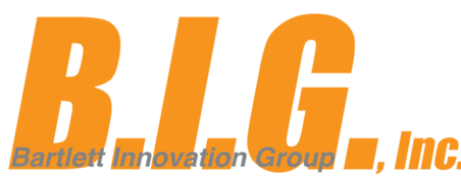Recently I was browsing the many disciplines of Product Management listed on the Toptal Product Management Coaching skills pages and I began to wonder what single piece of advice I would give... If I had to say what the single most important skill was in Product Management. An exercise that I would love to hear your thoughts about in the comments section.
In my humble opinion...
The most important skill in product management is NOT the ability to conceive and craft a detailed roadmap for the next 6 quarters. It is not drafting the perfect user persona, grooming a perfectly prioritized backlog, articulating an air tight business case or inventing the most compelling go-to-market strategy known to modern business. All are extremely important skills and tasks to eventually master and many will be leveraged in varying ways in every business environment you have the opportunity to serve... As will so many others skills whereas a great product manager must be a true polymath - a professional of many talents.
However, there is one skill, truly foundational to your potential of being a great product manager is one skill that rises above them all and it's likely the softest you could think of and the hardest to teach, but is best represented by the diagram below.
The title of this product management masterpiece is "Diplomacy":

And the image might require a bit of explanation for some but probably resonates immediately with experienced PMs.
Product Managers stand on a hill. Often, they stand alone. Stakeholders fire their arrows, commonly not even shooting at the Product Manager, but rather other stakeholders on the other side of that hill. The Product Manager's role and critical skill is Diplomacy. We are to take the hit of pain of that arrow through out guts filled with its energy and poison, remove it and politely hand it to the stakeholder at which it was being fired with a brief explanation of the request, feedback, etc. We are the intermediary, the referee and sometimes the parent in the room.
Some call us "the CEO of the product" and that certainly describes the level responsibility and accountability of our role, but it also implies a level of authority we don't actually enjoy in most cases. Ultimately we bear responsibility for pretty much every aspect of the product... it's market fit, competitive position, price, COGS, feature completeness, user experience, operational support, documentation, value proposition, stickiness, alignment with the strategic goals of the organization, market adoption, rapid delivery, iteration, innovation and eventually the plan for it's graceful demise not to mention a robust plan for what comes next... but we rarely get to tell anyone what to do. We frequently ask, negotiate, prioritize our wishes and evangelize a vision... but rarely dictate an edict like only a CEO can.
We take all of this on without any direct authority. We must rely on our competencies, wits, charms, logic, data, savvy, analysis and relationship building abilities to even be taken seriously in the modern enterprise. But charm, a blinding spreadsheet of analysis, lots of user stories and a compelling powerpoint deck only get you so far. To be listened to, rather than just heard, you must be diplomatic. We are the ones to find the middle ground, or not, but allow the stakeholders to be heard, their ideas acknowledged (maybe even validated), be considered and walk away feeling their ideas are respected no matter how bad they might be. I have often said, everyone gets a voice... not everyone gets a vote. Some egos might need a little more attention, some ideas may be outright unfeasible, some red herrings, but all stakeholders should be heard, acknowledged and their suggestions considered even if they contradict your line of thought.
I've noticed most teams are willing to take a chance. They will bite the hook and start heading in the direction you're pointing. That tends to be more selling. When you're half way there is when diplomacy begins. Uncomfortable or complicated questions start getting asked (and they may not have great answers). Shortcomings start getting pointed out. "Quick win" opportunities (a.k.a. distractions) surface - usually at the cost of the agreed upon plan. Alternative paths begin to be suggested. At worst, you face an outright rebellion or even worse yet, a subversion from another team with an agenda. Diplomacy is your greatest tool, and sometimes your only tool.
Mastery of diplomacy will require the ability to call upon all of your accumulated skills and experiences - both hard and soft, your victories and lessons learned (a.k.a. failures). All in service of helping keep the team on the right track, whatever that track may be. And don't forget humility, self reflection and flexibility are key skills within diplomacy as well.
Great Product Management is being formalized into a more rigorous discipline with codified frameworks, prescribed best practices, quantitative rigor and a "right way" to do things... but never forget the softer side of getting stuff done. They can be your path to greatness.
